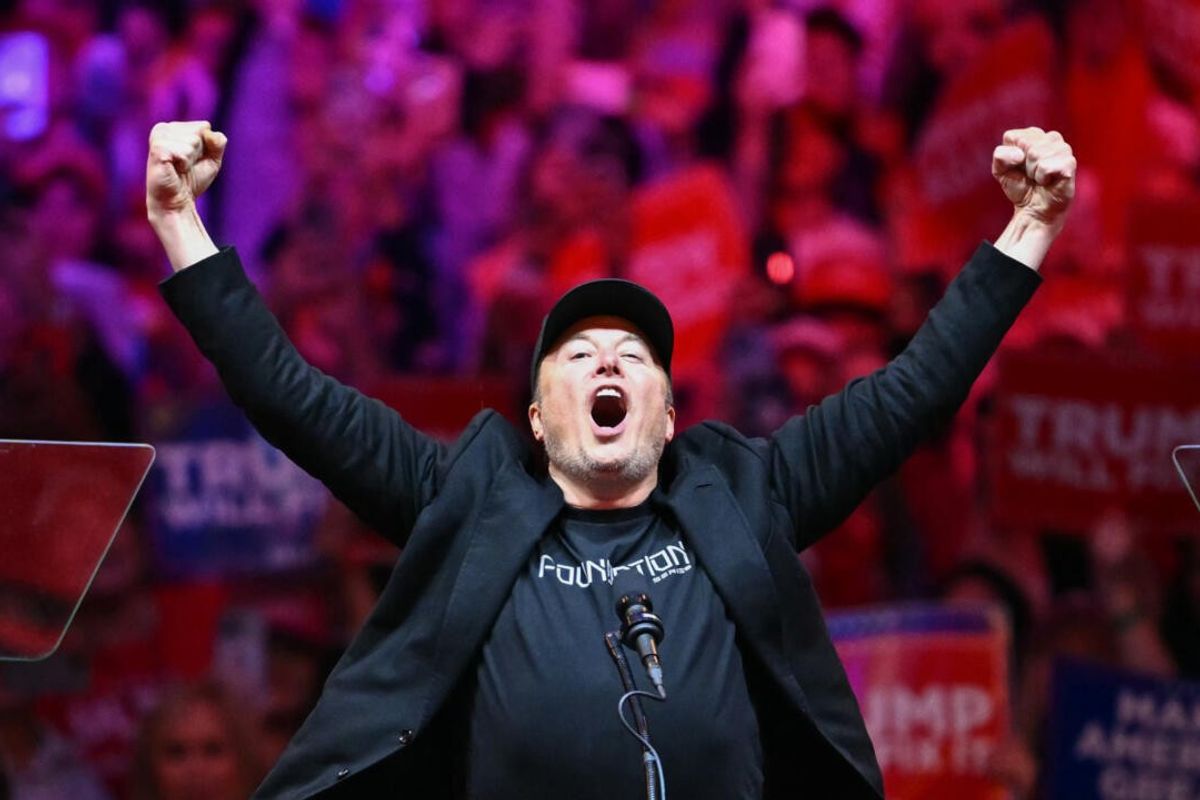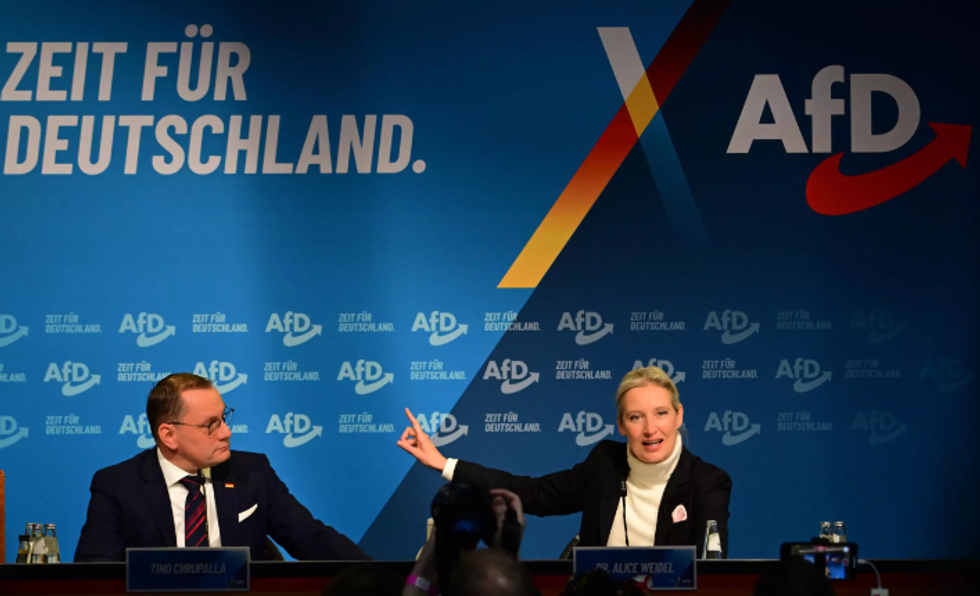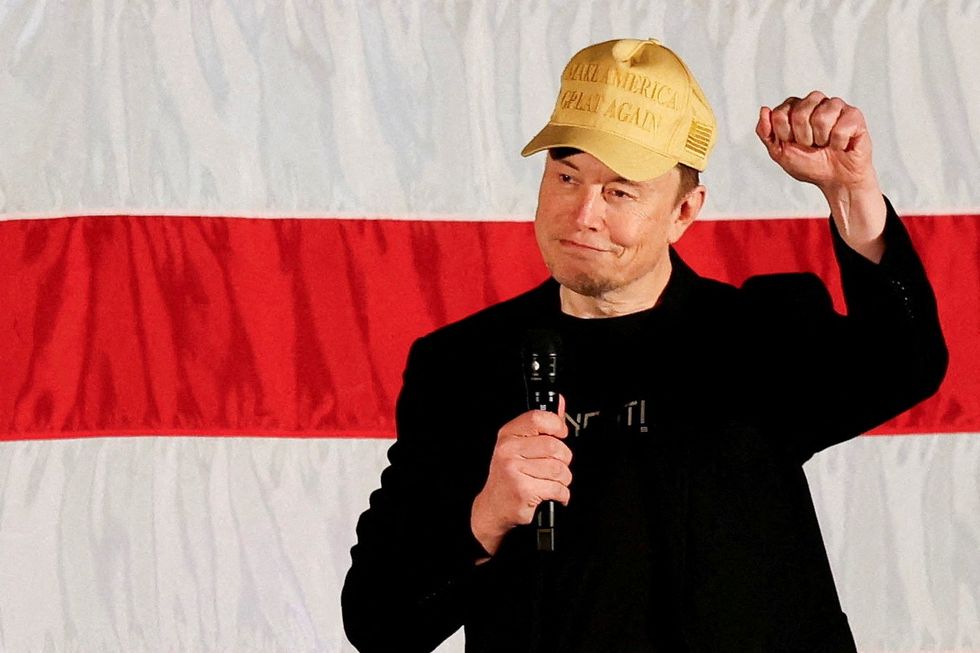Elon Musk digs in on German far right plug, sparking row
Musk's comments on the AfD spark outrage in Germany, with critics accusing him of meddling in the country’s democracy
AFP
News Agency Partner
AFP is a renowned international news agency, delivering comprehensive and reliable reporting on global events, trends, and issues.

Elon Musk has weighed in on German politics again on his platform X
AFP
Elon Musk faced widespread backlash after publishing an opinion piece on Saturday defending his controversial support for Germany's far-right AfD party.
The billionaire reiterated his claim that "only the AfD can save Germany," calling the party the "last ray of hope" for the country, which he suggested is on the "brink of cultural and economic collapse."
Musk's statements prompted the resignation of Welt am Sonntag’s opinion editor, Eva Marie Kogel, who publicly announced her departure after the piece went to print.
In his piece, Musk pushed back against the classification of the AfD as far-right, dismissing it as “clearly false.” He pointed to party leader Alice Weidel, who has a same-sex partner from Sri Lanka, to argue that the party could not be described as extremist.
Musk’s intervention has raised alarms in Germany, where the AfD has seen growing support despite being labeled "extremist" by the country's domestic security agency. As the country prepares for elections on February 23, the AfD polls at around 19 percent.

Musk’s opinion piece drew sharp criticism from political figures, with Greens’ campaign director Andreas Audretsch condemning the billionaire for meddling in European democracies.
German media's reaction
The Association of German Journalists (DJV) voiced its concerns, calling the opinion piece “election advertising” and accusing Welt am Sonntag of allowing itself to be manipulated. DJV leader Mika Beuster warned that the media must resist becoming a mouthpiece for “autocrats and their friends.”
Even Welt’s new editor-in-chief, Jan Philipp Burgard, publicly disagreed with Musk, acknowledging the billionaire's intelligence but stating, “Even a genius can be wrong.” He also highlighted the dangers of the AfD, citing the party’s Thuringian leader, Bjoern Hoecke, who was convicted for using a banned Nazi slogan.
Musk’s influence
Musk’s involvement in Germany’s politics raises concerns about foreign influence in national elections, especially as the AfD’s presence grows. The party’s anti-immigration stance and controversial rhetoric have made it a polarizing force in Germany.

The controversy underscores the intersection of international figures, media, and politics, with Musk's comments drawing a clear line between his support for the AfD and rising tensions around the world.
Die Welt belongs to Axel Springer, Germany's most influential press group, and includes the Bild tabloid, the country’s most-read newspaper.










Comments
See what people are discussing